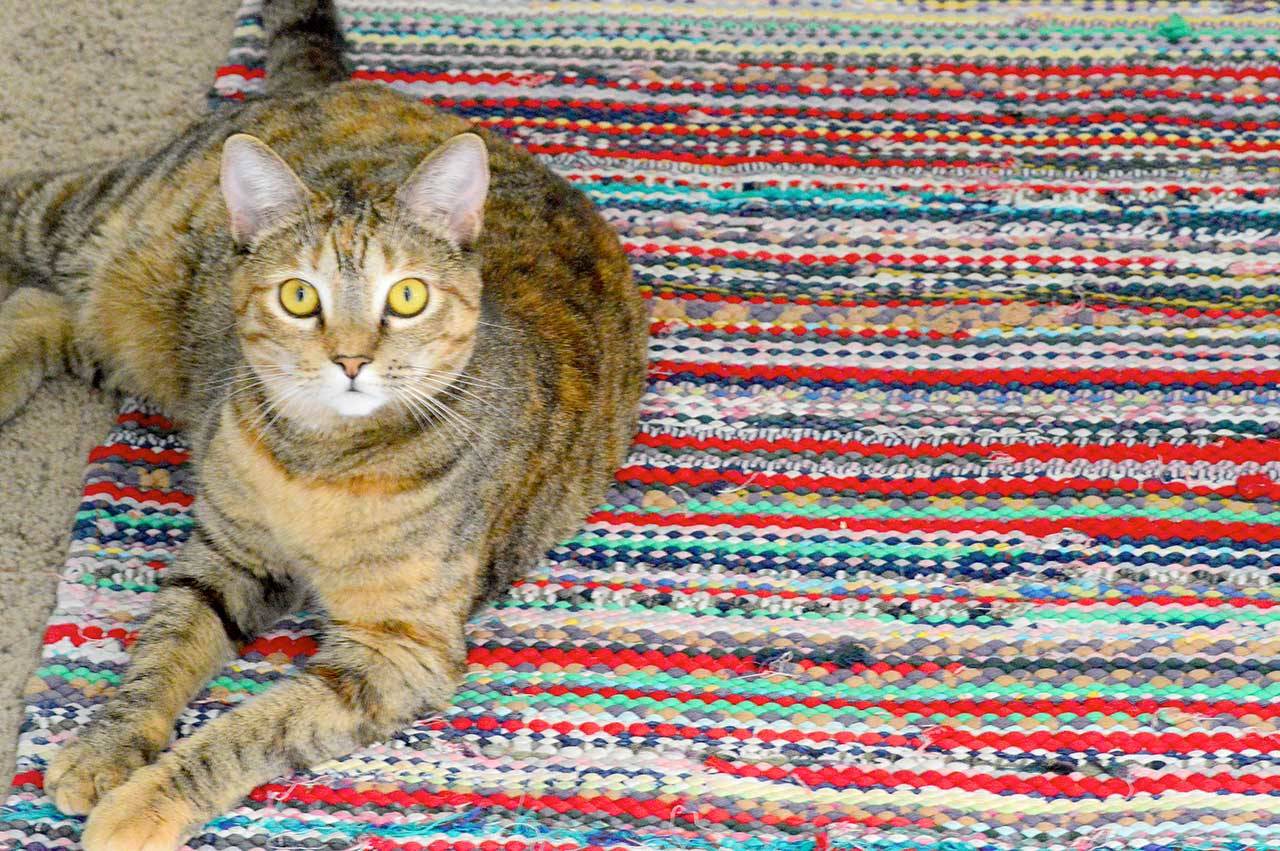The director of Center Valley Animal Rescue has never seen anything like it.
Normally, Sara Penhallagon receives two or three adoption applications weekly. She had 40 come in during one recent week.
“I couldn’t believe it. It’s a good problem to have,” said Penhallegon, who cofounded CVAR 18 years ago.
The no-kill shelter in Quilcene, which provides wildlife rehabilitation along with companion animal adoptions, does everything by appointment, with workers wearing masks, social distancing and sanitizing throughout the day.
At the Olympic Peninsula Humane Society east of Port Angeles, a similar surge is happening.
“We’re sitting at 80 adoptions in seven weeks,” said Luanne Hinkle, executive director at OPHS, also a no-kill, appointment-only shelter.
For those interested in fostering dogs to prepare them for permanent homes, there’s the Welfare for Animals Guild (WAG) based in Sequim.
Barbara Brabant, the nonprofit organization’s president, also is busy: She took five calls on a recent Monday after she placed 10 dogs in foster homes.
Many want small dogs, Brabant said, while larger ones may wait longer.
“We have two black Labs, beautiful dogs,” Brabant said. “The owner died, and the neighbor is fostering for the time being.”
She added that another dog, rescued from an abusive household, needs a peaceful place to recover.
The adoption process at OPHS and Center Valley is a rigorous one. The hope, Penhallegon said, is that the vetting screens out those who’ve yet to realize pet ownership is a lifelong commitment.
Many who have brought home a dog, cat, rabbit or parrot from CVAR during the past few weeks have wanted a pet for a long time, she said, “and now they have all this time to bond with them. It’s finally working out.”
At OPHS, pets that have waited long periods for the right person have found a home at last. In April, Karen Dopheide of Port Angeles adopted Athena, a dog who’d lived at the shelter for more than six years.
Information about adopting, donating and volunteering can be found at centervalleyanimalrescue.org, ophumanesociety.org and WAGSequimWA.com.
At the Center Valley ranch, some of the young cats and dogs have been to prison. Working with WAG, the shelter sends pets to the Clallam Bay Corrections Center, where inmates socialize and care for them.
The dog program began in 2012, followed by a cat program three years ago; it started with “easygoing cats,” Penhallegon said.
From there, shy cats and feral kittens were brought to inmates — “and they were able to tame them all,” she said.
“It’s wonderful … it makes them more adoptable cats for us,” Penhallegon said.
In February a tortoiseshell-tabby named Deb went to Clallam Bay after her owner surrendered her at Center Valley. Her handler, who renamed her Bright Eyes, wrote in her file: “I just want to say thanks for the opportunity, for getting a cat.
“If I don’t get her back, I hope she goes to a good home. She likes to cuddle a lot … it’s good to have someone to look after.”
Bright Eyes was adopted in April. She, along with eight other cats and three dogs, was brought back from Clallam Bay on March 21 after the state Department of Corrections suspended WAG volunteers’ visits to the prison.
Volunteers have not been back since, to “enhance the practice of social distancing and to further mitigate the risk of exposure” to COVID-19, the department said.
Volunteers keep WAG, OPHS and Center Valley thriving; “they do the bulk of the animal care,” Penhallegon said.
She holds monthly orientations online for new volunteers, and she recently added four more to her team.
“The volunteers make it fun,” added Brabant, calling their work together “a continuing project of love.”
While the organizations are seeing an uptick in fostering and adoption, they’re also seeing expenses rise. WAG pays for all food, veterinary care and supplies for its fostered dogs. All three rely on donations and fundraising events to pay the bills.
OPHS’ “Meowgaritas and Mutts” dinner and auction set for April 25 projected $200,000 in proceeds, Hinkle said. She hopes to host the event in October at Port Angeles’ Vern Burton Community Center, but she wonders about the future of gatherings that bring together about 400 guests.
“This year is a little bit scary,” Brabant said. “We’ve had very generous supporters; we don’t know if they will continue to be generous.”
Amid the uncertainty, there’s no shortage of energy on the part of these women. Brabant said fostering a dog is a way to provide a soft place to land until a permanent home can be found.
“Their little lives are turned upside down as it is,” Brabant said of the dogs WAG rescues.
Providing a foster home means “you have the snuggles,” she said, “and the joy of helping a dog go from A to B.”
________
Diane Urbani de la Paz, a former features editor for the Peninsula Daily News, is a freelance writer living in Port Townsend.

